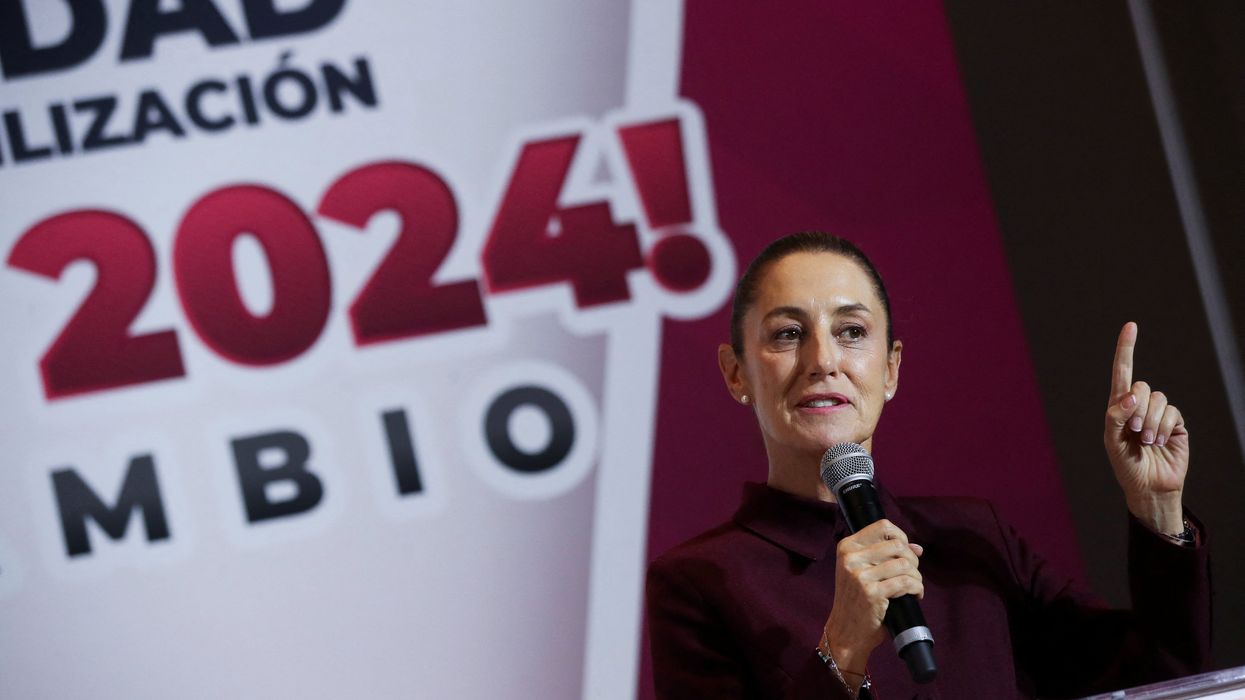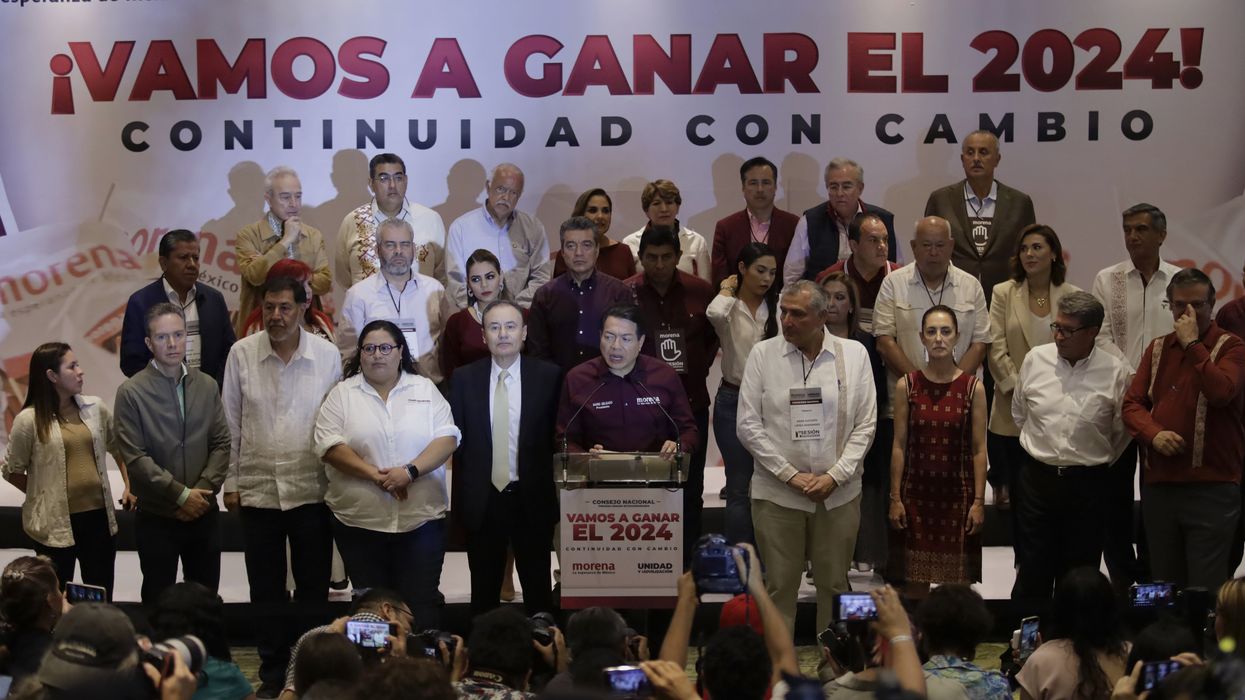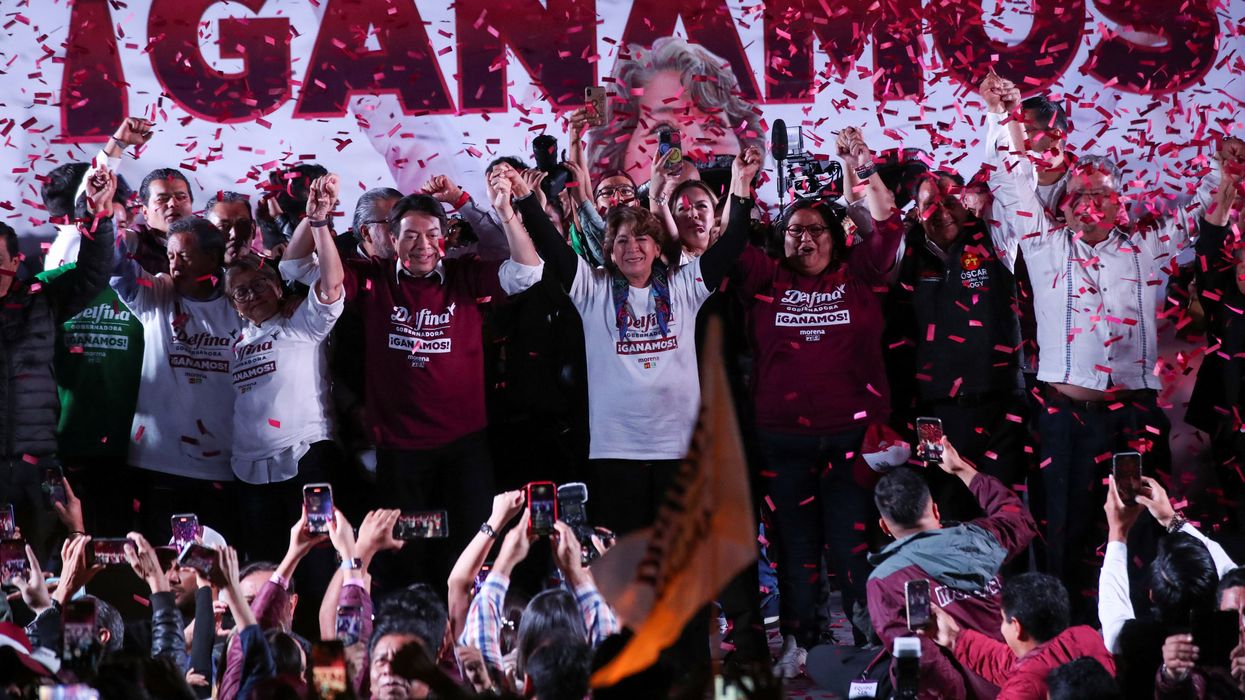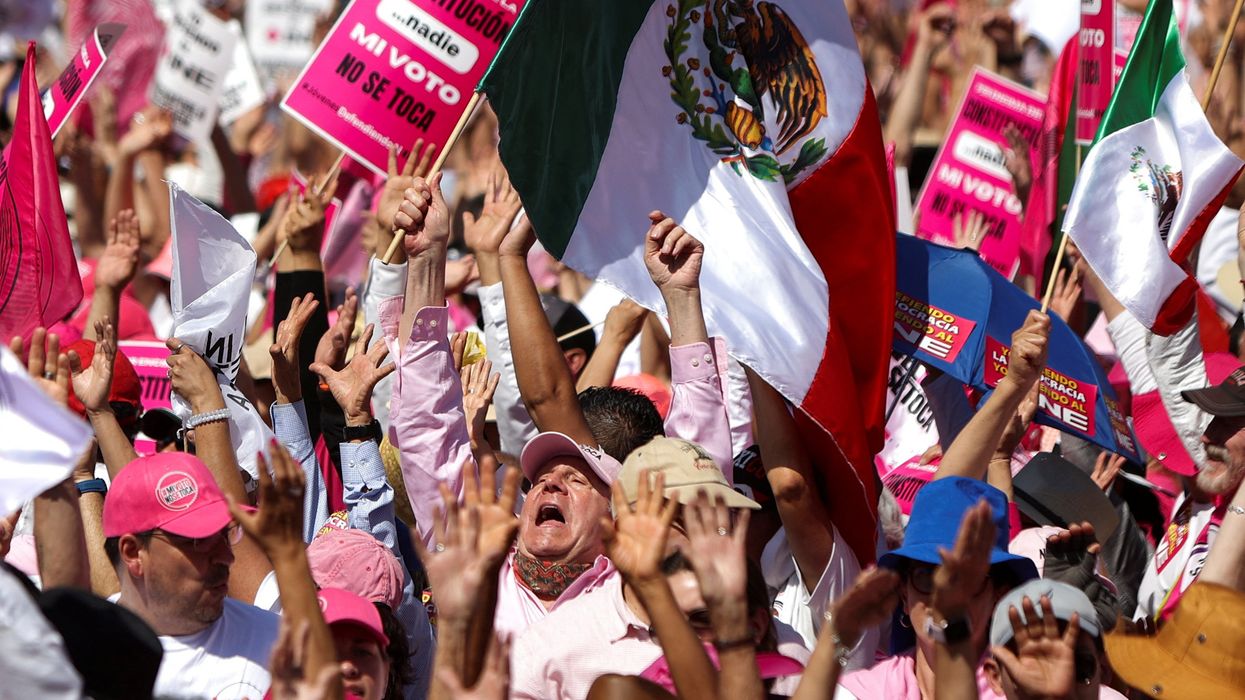GZERO Live
Ian Bremmer explains the 10 Top Risks of 2025
Every January, Eurasia Group, our parent company, produces a report with its forecast for the world's Top 10 Risks in the year ahead. Its authors are EG President Ian Bremmer and EG Chairman Cliff Kupchan. Ian explains the Top 10 Risks for 2025, one after the other. He also discusses the three Red Herrings.
Jan 07, 2025










